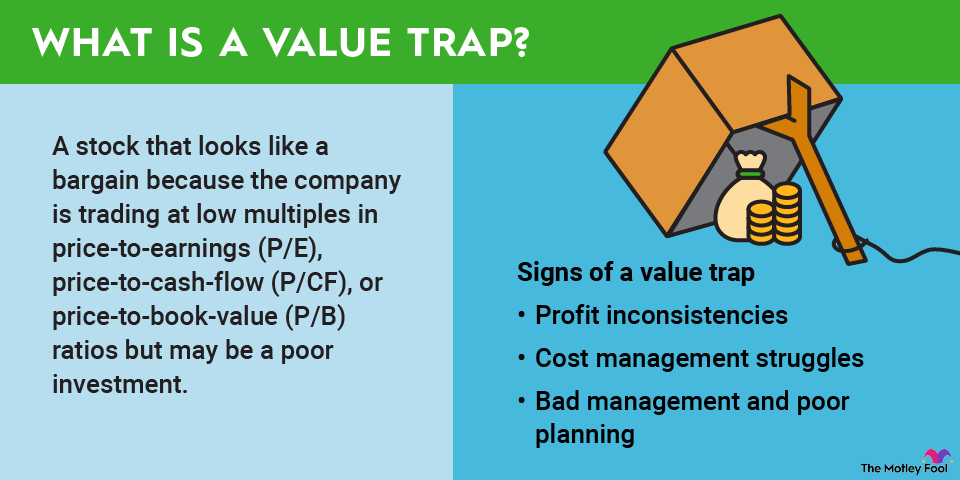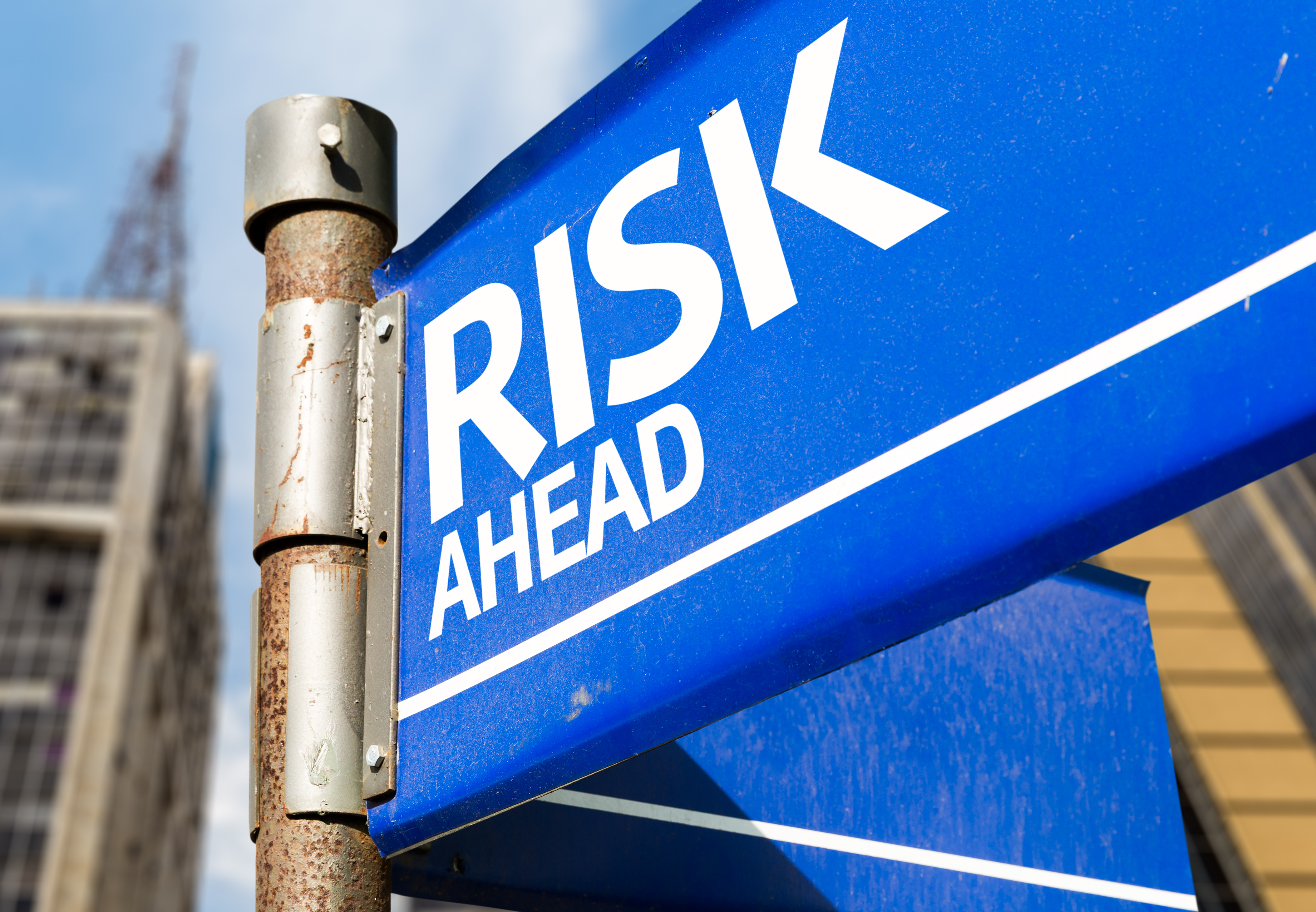Businesses perform all kinds of functions, from making stuff to doing stuff, and it's that little extra they contribute -- their own special sauce -- that translates into a value add. A value add in business is important for longevity for many types of companies.

What is a value add in business?
A value add can be almost anything a business does to a product to make it just a little bit different or special for its customers. This can range from adding a specially designed element to a shoe to creating special services that customers can't do without.
By adding to the product, the business generates additional value, be it real or perceived. Generally speaking, when most people mention value adds, they mean real things that add value, like adding a new type of safety feature to an existing product, rather than adding a logo that may enhance the profitability of the product (although both can be considered value adds).
Why do value adds matter?
Value adds in business create products and services that are wholly new in a market, creating a small moat and a potential business advantage for the company adding the value. If you were looking for a new cake for your family dinner, and one bakery had just standard cakes: chocolate, vanilla, angel food -- the ones everyone knows and loves, that bakery would still have a great shot at staying in business because who doesn't like a classic?
But, if another bakery down the road had cakes with value adds, like chocolate cake with a caramel center, or a vanilla cake with cherry cream layers, or angel food that had blueberries baked in, that differentiator might make some waves, if done well. The demand for plain cakes didn't stop existing, but some of it will be siphoned off by the value-add bakery, which has little to no competition because their value add makes their products unique (Plus, they can now charge more).
What are the elements of value-adding in business?
Adding value to an offering involves three elements, and all must be present for work to truly be a value add to the product or service being created or distributed. These are:
- Direct contribution. Direct contribution just means that the company is doing something to directly affect the product. This doesn't include things like paying the janitor or buying snacks for marketing meetings.
- Transformation. The product or service is changed into something that's even more desirable or useful to a customer.
- Consumer perspective. The consumer ultimately decides what items are truly value adds.
Related investing topics
Why value add in business matters to investors
As investors, we're always looking for things that make our businesses special – that little zing that keeps people coming back for more of whatever the company offers. You can't really have this without some kind of value add. Sometimes you can for a while, but in the long term, not adding actual value to a product or service just makes the company the same as all their competition, or worse, if the competition is actually providing a value add.
So before you choose a company, ask yourself what their value add is, why they're doing it, and how it's being perceived by their customers. This is one way for a company to create a very strong moat in the long term. Value adds can differentiate a product or service to the point that there's literally no one to compete with directly, in a good way.
As long-term investors, we want companies that think differently enough to create products that can stand the test of time – and that are capable of doing this again and again.
















